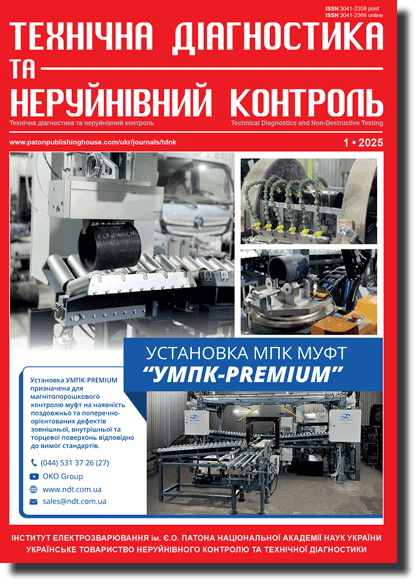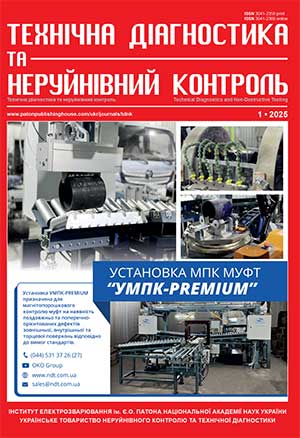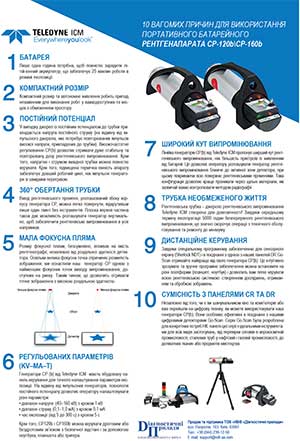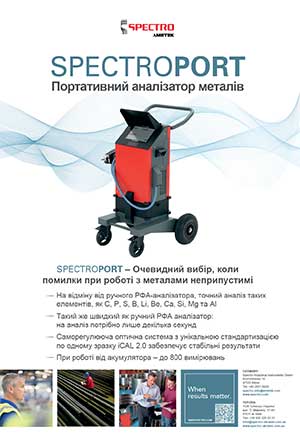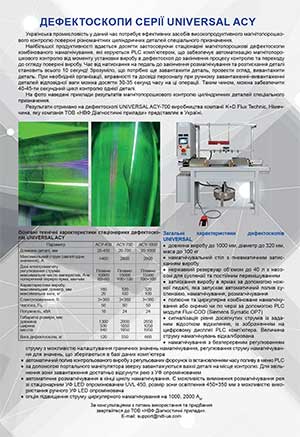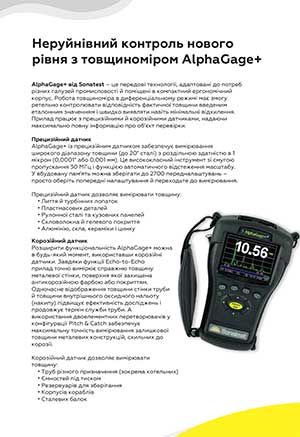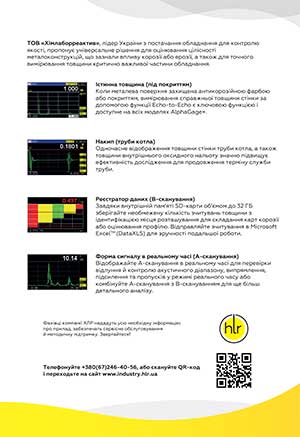| 2025 №01 (02) |
DOI of Article 10.37434/tdnk2025.01.03 |
2025 №01 (04) |
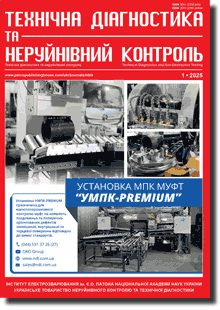
"Tekhnichna Diahnostyka ta Neruinivnyi Kontrol" (Technical Diagnostics and Non-Destructive Testing) #1, 2025, pp. 16-21
Development of an algorithmical method for identification of the state vector of a sensitive element
O.M. Bezvesilna, T.O. Tolochko
National Technical University of Ukraine «Igor Sikorsky Kyiv Polytechnic Institute». 37 Beresteysky Ave., 03056, Kyiv, Ukraine. E-mail: prilad168t@gmail.com; asnk@kpi.uaToday, the use of algorithmic methods for increasing the accuracy of gravimetric and navigation systems is extremely promising and relevant. This requires the creation of highly accurate and effective algorithmic methods for processing the output signal of linear acceleration meters. The use of an artificial neural network is proposed to increase the accuracy of measurements in non-stationary and adverse conditions, which is accompanied by the appearance of a number of interferences that are added to the output signal of the sensitive element of these meters. All these features were taken into account when developing algorithms for identifying the state of linear acceleration meters with increased metrological characteristics. The development of an algorithmic method for identifying the state vector of the sensitive element of linear acceleration meter ensures an increase in the accuracy of such meters in adverse and non-stationary measurement conditions. The solution of the identification problem based on the Kalman filter in real time is obtained. This allows to estimate the state vector of the sensitive element in the presence of deterministic and random interference. The implementation of the identification algorithm based on an artificial neural network is also proposed. The adaptation and optimal tuning of the algorithm parameters are performed in the process of adaptation and training of this network. To estimate the state vector of the sensitive element, a scheme consisting of delay lines and three adaptive linear neurons has been developed. The result is a reduction in the additional measurement error caused by complex and non-stationary measurement conditions. 12 Ref., 1 Fig.
Keywords: algorithmical methods, identification, state vector, artificial neural network, Kalman filter
Received: 26.11.2024
Received in revised form: 24.12.2024
Accepted: 10.03.2025
References
1. Kolomiets, L.V. et al. (2009) Metrology in the field of communications. Book 1. General electro-radio measurements: Manual. Odesa, LLC «VMV» [in Ukrainian].2. Bezvesilna, O.M. (2007) Aviation gravimetric systems and gravimeters: Manual. Zhytomyr, ZhDTU [in Ukrainian].
3. Shi, D., Tylavsky, D.J., Logic, N. (2012) An adaptive method for detection and correction of errors in PMU measurements. IEEE Transact. on Smart Grid, 3(4), 1575-1583. https://doi.org/10.1109/TSG.2012.2207468
4. Kirichenko, Ye. (2003) Effectiveness of additive and multiplicative correction of errors in diagnosis. Legal, regulatory and metrological support of the information protection system in Ukraine: Sci.-Tekh. Coll., Issue 6, 20–24 [in Russian].
5. Yatsuk, V.O., Malachivskyi, P.S. (2008) Methods for increasing measurement accuracy: Manual. Lviv, Beskyd Bit [in Ukrainian].
6. Bolyukh, V.F., Vinnichenko, O.I. (2019) Ballistic gravimeter for symmetric and asymmetric methods of measuring the acceleration of free fall. Patent 118620 Ukraine, Int. Cl. G01V 7/14 (2006.01). No. a 2017 06239; fill. 19.06.2017; publ. 11.02.2019 [in Ukrainian].
7. KalmanFilter.NET. https://www.kalmanfilter.net/default.aspx
8. Bezvesilna, O.M. (2001) Measurement of accelerations: Manual. Kyiv, Lybid [in Ukrainian].
9. Koval, A.V. (2018) Identification and modeling of technological objects: Textbook. Zhytomyr, ZhDTU [in Ukrainian].
10. Dubovoj, V.M. (2005) Modeling of monitoring and control systems: Textbook. Vinnytsya, VNTU [in Ukrainian].
11. Rudenko, O.G., Bodiansky, E.V. (2006) Artificial neural networks: Manual. Kharkiv, LLC «SMIT Company» [in Ukrainian].
12. Zaichenko, Yu.P. (2004) Fundamentals of designing intelligent systems: Manual. Kyiv, Slovo [in Ukrainian].
Advertising in this issue:
To order the electronic version of the paper:
O.M. Bezvesilna, T.O. TolochkoDevelopment of an algorithmical method for identification of the state vector of a sensitive element
Technical Diagnostics and Non-Destructive Testing №01 2025 p.16-21
The cost of article (pdf): 13 $, 12 €, 150 UAH (1 copy. )
fill in the form below:
The cost of subscription/purchase order journals or individual articles
| Journal/Currency | Annual Set | 1 issue printed |
1 issue |
one article |
| TPWJ/USD | 384 $ | 32 $ | 26 $ | 13 $ |
| TPWJ/EUR | 348 € | 29 € | 24 € | 12 € |
| TPWJ/UAH | 7200 UAH | 600 UAH | 600 UAH | 280 UAH |
| AS/UAH | 1800 UAH | 300 UAH | 300 UAH | 150 UAH |
| AS/USD | 192 $ | 32 $ | 26 $ | 13 $ |
| AS/EUR | 180 € | 30 € | 25 € | 12 € |
| SEM/UAH | 1200 UAH | 300 UAH | 300 UAH | 150 UAH |
| SEM/USD | 128 $ | 32 $ | 26 $ | 13 $ |
| SEM/EUR | 120 € | 30 € | 25 € | 12 € |
| TDNK/UAH | 1200 UAH | 300 UAH | 300 UAH | 150 UAH |
| TDNK/USD | 128 $ | 32 $ | 26 $ | 13 $ |
| TDNK/EUR | 120 € | 30 € | 25 € | 15 € |
AS = «Automatic Welding» - 6 issues per year;
TPWJ = «PATON WELDING JOURNAL» - 12 issues per year;
SEM = «Electrometallurgy Today» - 4 issues per year;
TDNK = «Technical Diagnostics and Non-Destructive Testing» - 4 issues per year.




